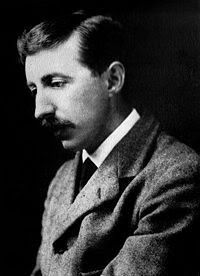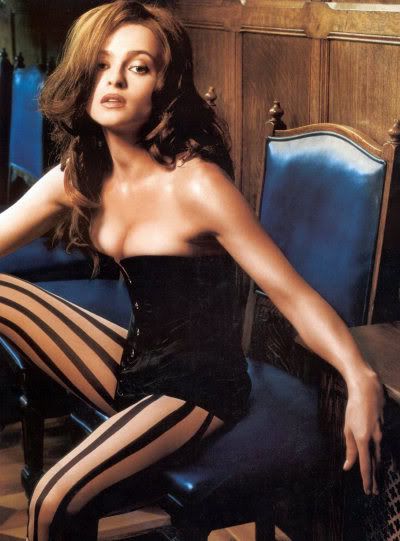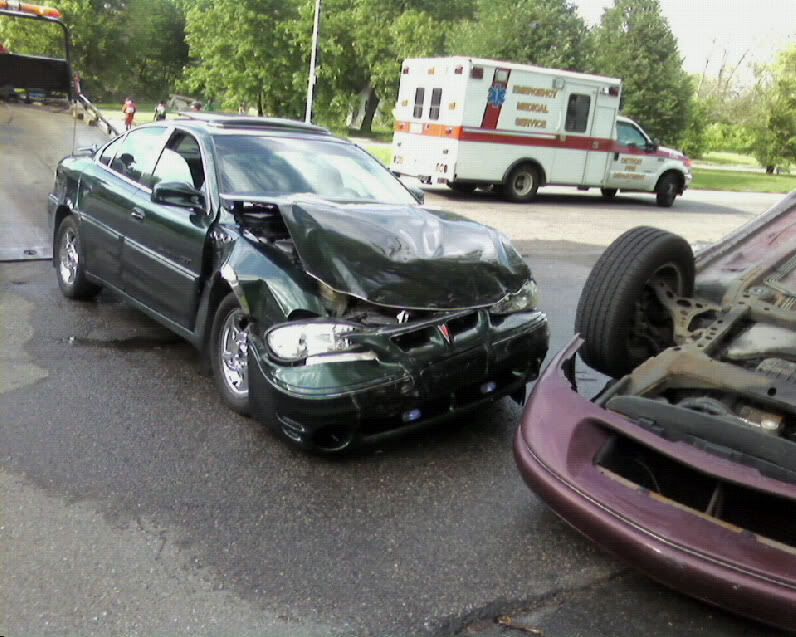Remember Forsterfest? Or was it the Forster Fiesta? Forster-au-go-go? Forsterpalooza? Whatever it was, in the late 80s and the early 90s the movies suddenly discovered a hot young novelist and put out films based on all but one of his novels. E M Forster had been dead for around twenty years at the time, but he was Hollywood’s go-to guy with films such as Howard’s End, A room with a view, A passage to India, Where angels fear to tread and Maurice. A room with a view introduced the world to Helen Bonham Carter and began the debate on who was prettier, her or Julian Sands. I think blonde men seem to look weak on screen and our heroes do tend to be dark haired. Exceptions abound of course: Daniel Craig for one, which gives us the Bond Index of 5:1 for dark-haired to blonde heroes. On the other hand, blonde men are rarer than dark-haired so maybe they are fighting above their weight in terms of screen representation. In any case, Helena Bonham Carter is still bobbing up in expensive Oscar-nominated films, and I don’t know what Julian Sands is up to. Good luck to him in any case.
The most successful of the Forsterfest films in terms of reviews, box-office and awards was probably Howard’s End, which I saw in the cinema, in the company of a girl on whose distracting presence I blame for the fact I don’t think I understood the story at all. Alternatively, it could be I’m not too bright, always a chance. I read the book soon afterwards but it didn’t leave much of an impression on me. I was waiting for the events from the movie like stations on a train line, rather than enjoying the scenery on the way. Now some friends and I have started a tri-city Eastern seaboard online book group and our first book, it has been decided, is Howard’s End, which has had me re-reading it. Not sure how this book group will work, I’ve decided to put down a few thoughts here before our online discussion, in whatever form that will take.
Despite that being the only time I’ve seen the movie, I found I saw Anthony Hopkins, Emma Thompson, Helena Bonham Carter, Samuel West and the other actor’s faces when I read the novel. For some of the scenes I could still remember the staging, and one of the lines in the last scene in I could hear quite distinctly in Hopkin’s voice, so the movie must have affected me more than I remember. With all those provisos, caveats and prejudices in mind, I found the book this time round something of a revelation.
 The story is the clash between three families in Edwardian England, the half-German Schlegels, independently wealthy with interests in music, literature and other cultural pursuits, the Wilcoxes, also wealthy but a practical family of business, and the Basts, a poor couple on the bottom rung of society, with aspirations both to society and culture. Their interactions take constantly surprising turns and result in tragedy and death, leaving the survivors wiser with a greater understanding of themselves and others.
The story is the clash between three families in Edwardian England, the half-German Schlegels, independently wealthy with interests in music, literature and other cultural pursuits, the Wilcoxes, also wealthy but a practical family of business, and the Basts, a poor couple on the bottom rung of society, with aspirations both to society and culture. Their interactions take constantly surprising turns and result in tragedy and death, leaving the survivors wiser with a greater understanding of themselves and others.
The famous epithet of the novel is “Only connect…” and the tragedy derives from various characters’ failure to do so. The passionate Helen Shlegel entirely fails to see the virtues of the Wilcox family and others of their type, while the Wilcoxes are indulgent of the cultured Schlegels, but only up to a point, and rather obtusely. Leonard Bast fails to find a connection between his life and his dreams. The hero of the novel, if such a term is appropriate, is Margaret Schlegel whose unending patience and continuing efforts to bring these people together is ultimately a triumph, albeit a subdued one. Still today people are focussed more on what divides us. We have artists who affect disdain anything to do with sport, for example, and others who want to dismiss anything artistic as a bit of a wank. It seems to me that the things that make us the same are more interesting than the things that keep us apart.
Penguin Books always come with a small introductory essay, which can be very useful. I often read these first – that’s where they sit in the book – but I wonder if I shouldn’t leave them to last. They do assume knowledge of the story that follows, which can also mean, in modern speak, ‘spoilers’ of what is to follow. In a true classic, how the story ends is only one part of the attraction. But still it is nice to be taken by surprise by the events. This is all a preamble to my own little spoiler coming up in the next paragraph.
Having seen the movie, I knew Helen had a son by Leonard Bast, but this tryst has often been called unbelievable, most famously by Virginia Woolf, who wondered if his umbrella might be responsible. I thought it worked. Helen is well established as impulsive and passionate, and at that point of the story overwrought so the idea that she would seduce the married Bast (and that’s how I understood it, not he seducing her) is very plausible. If you do not agree, perhaps you could ponder the maxim my friend and I developed in 1987, considering some of the couples that we knew: never try to understand in ways of the heart. Sure it’s trite (we were only 17, give us a break) but fundamentally true and worthwhile remembering.
The book is full of considerations on human nature and the functions of society. Forster’s voice is ultimately a compassionate one, often shining the best possible light on the actions of decisions of his characters, while suggesting other interpretations. His omniscient narrator is quite a chatty type, bobbing in occasionally to address us directly. And the ending is not so much foreshadowed as advertised as ‘coming soon!’ But accidents and incidents in life seen in hindsight often seem that way. A car accident, seemingly the action of a moment, is in fact the result of many small, everyday decisions – to leave home at that point and not a minute later, take this route instead of this one, let this car in or not - that leaves two cars at the same point at the same time. Let any of the preceding decisions change and the accident doesn’t happen, a fact you can ponder standing by your car waiting for the tow truck, a taxi and a policeman. And so the tragedy at the end of the novel is the result of various minor twists and small decisions that end up in a moment that brings ruin to one family and death to another. We are all connected in the end. Woe to us who forget it.


No comments:
Post a Comment